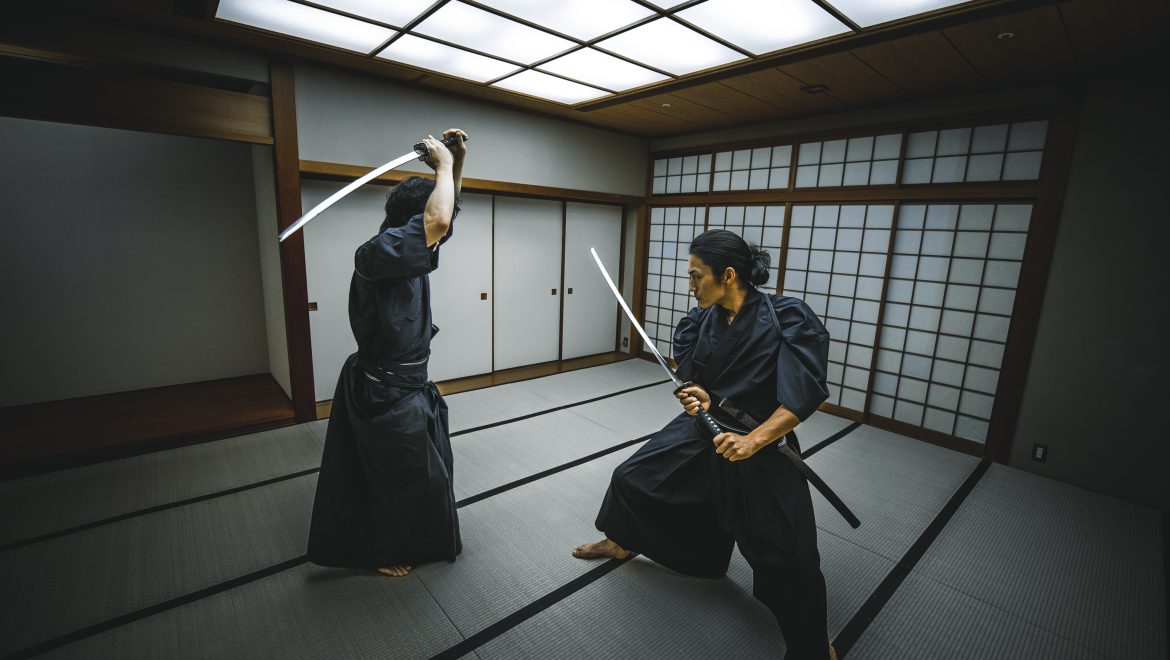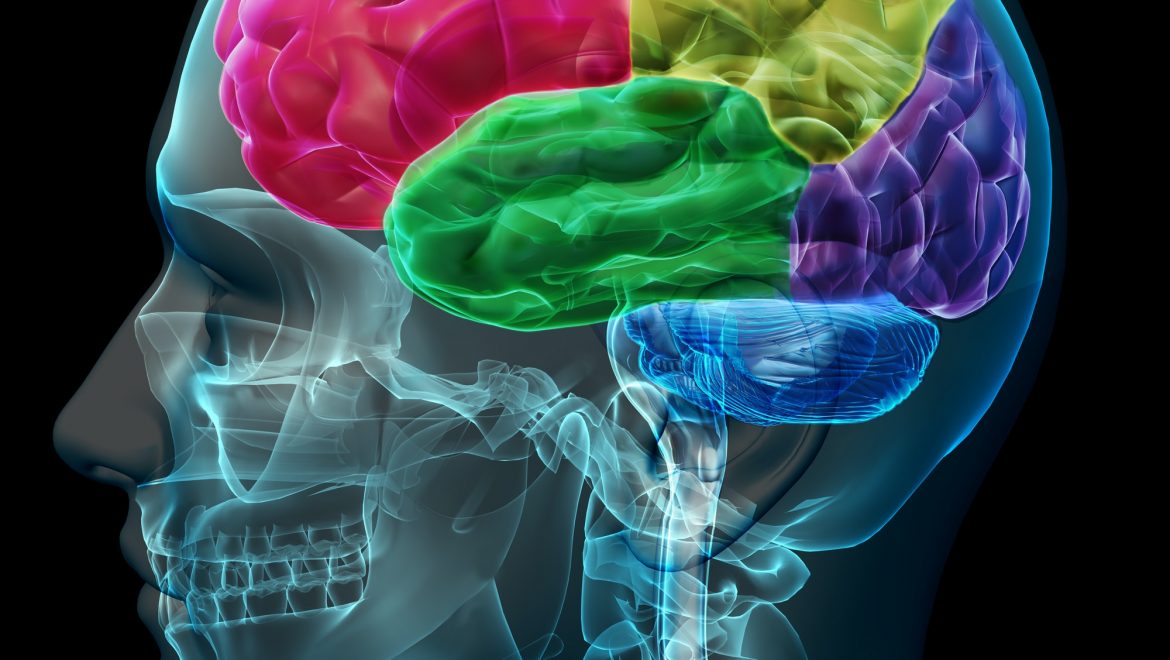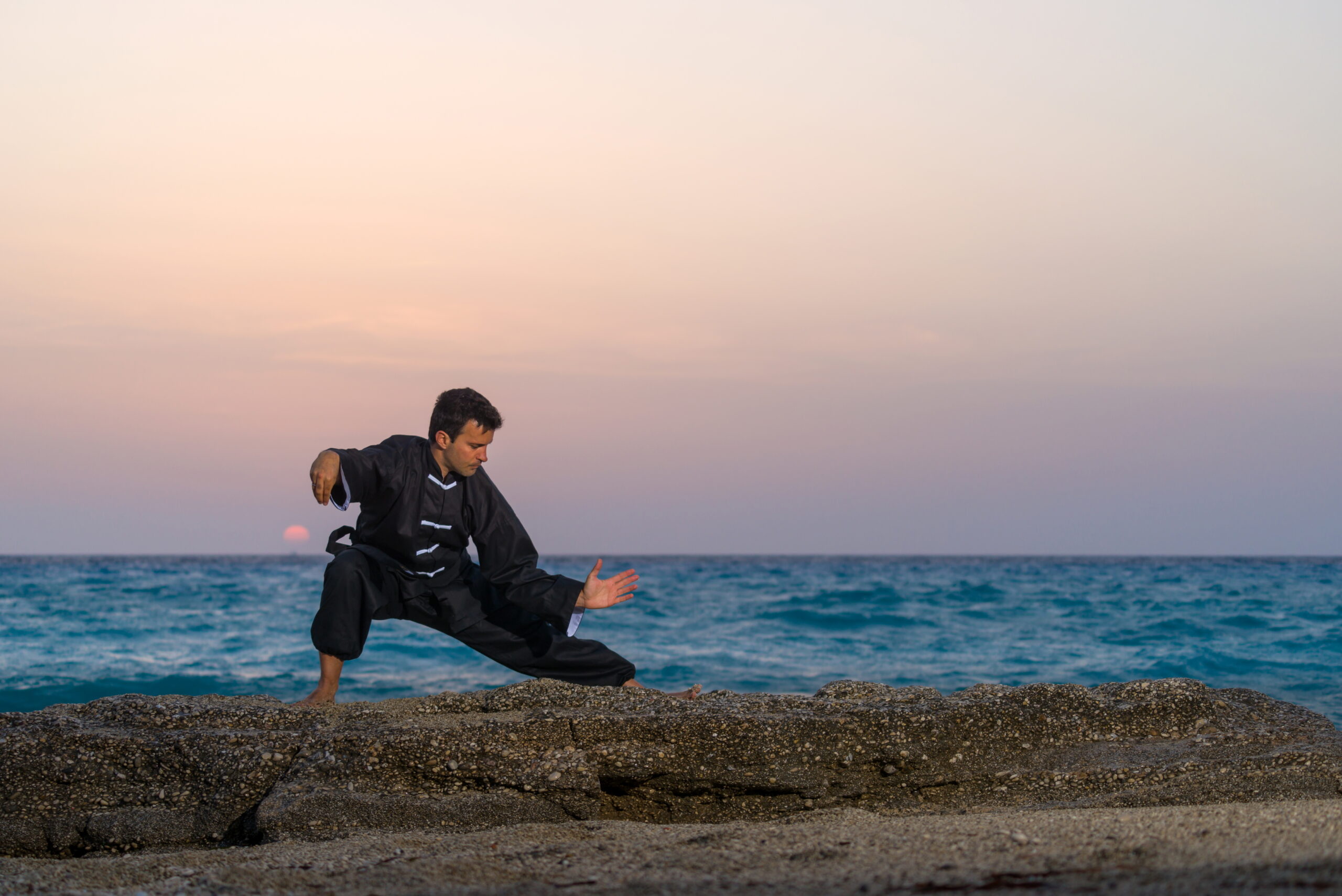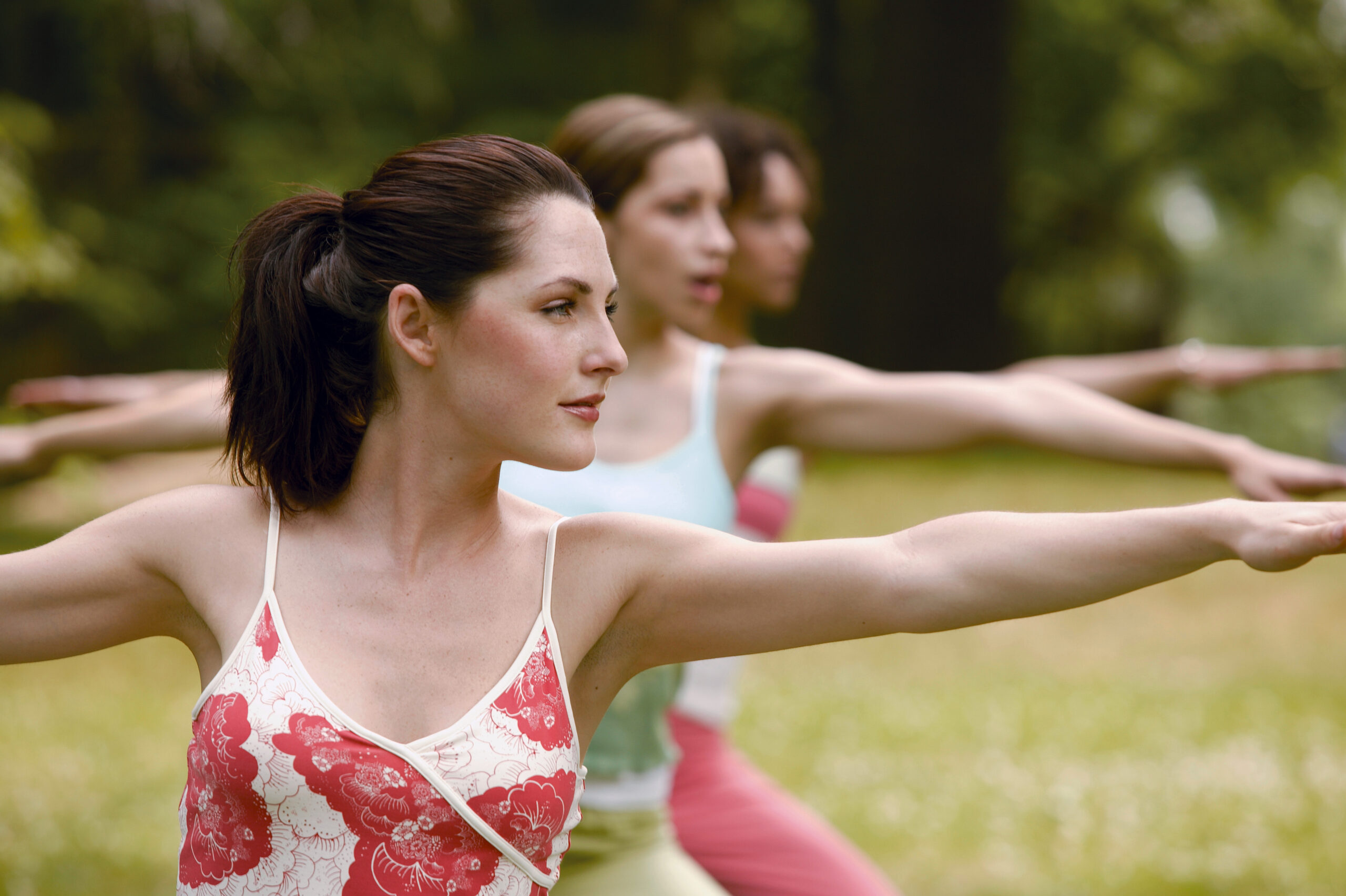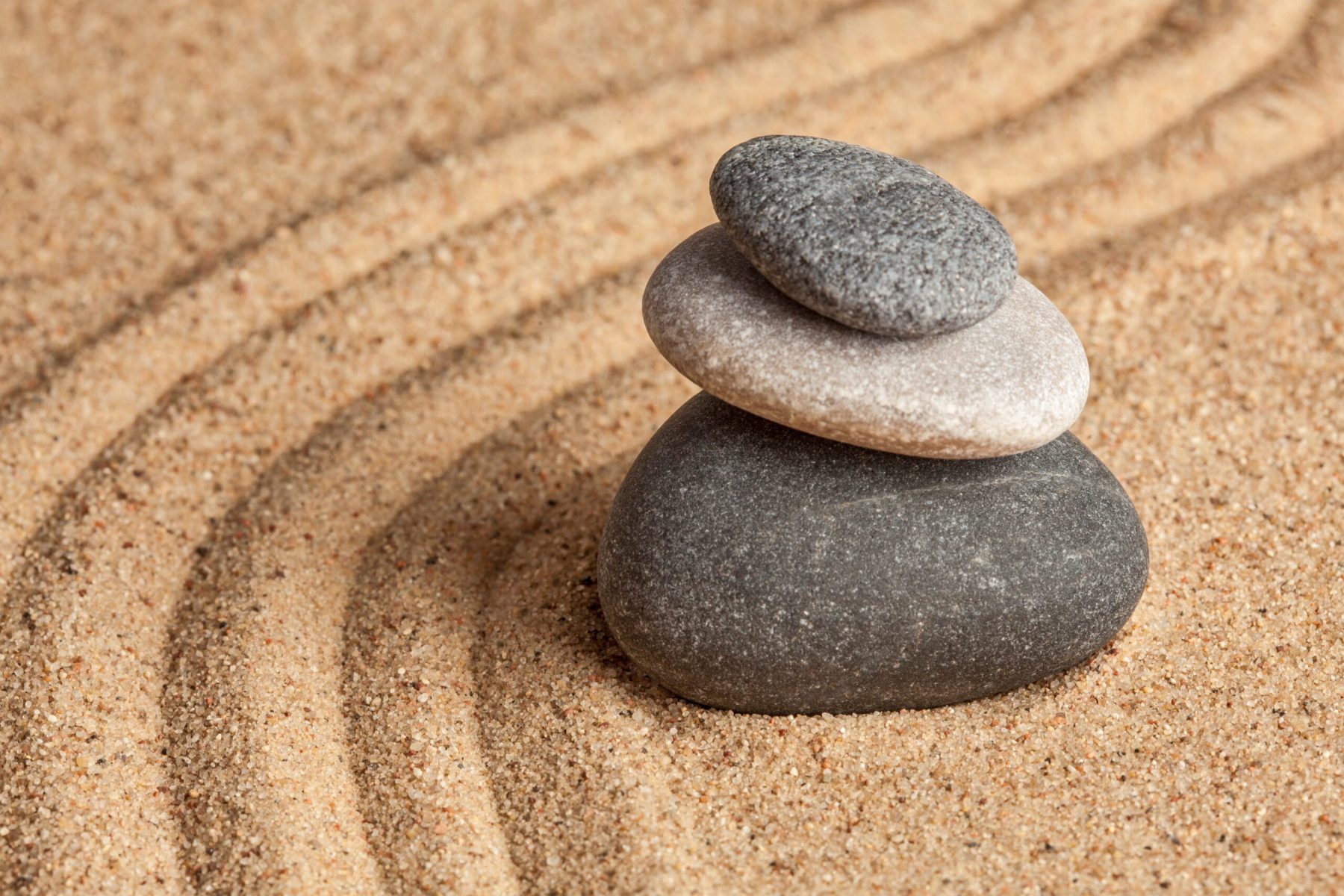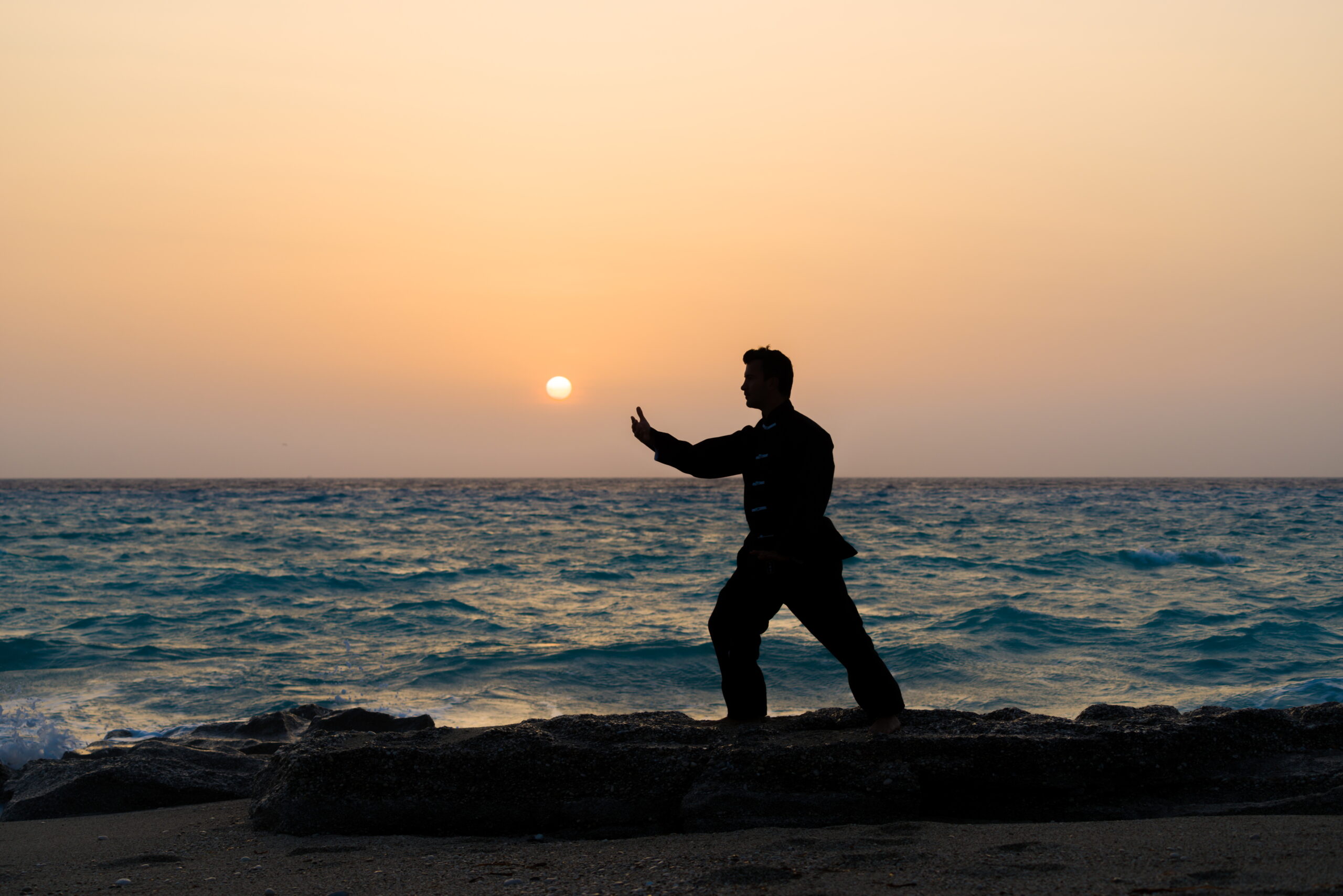21. How to reprogram your unconscious mind. Or, creating yourself as you choose.
I’m going to explain briefly how to reframe memories to adjust how your past affects you, but mainly on how to use affirmations to develop your future self.
We’ll start with the language you need to address your unconscious mind.
Programming language.
Anyone who has written functions into a spread sheet application or indeed written any programme for a computer will realise that you need a whole different language with a particular grammar and syntax. If you want to add up a list of takings over a year, see the total, then see the total after a percentage deduction, then see what that would be in an average month to set up a standing order into a tax savings account, simply writing that into the function box on a spread sheet won’t get you the result you need. You have to know the language of the machine to get the obedient, but stupid machine to co-operate. Anyone with a dog will know that it isn’t just a matter of using the right words, but also the tone of voice, stress, intonation and body language that you have to get right. Also, of course, dogs learn associations and context and themselves develop conditioned responses.
Let me explain the basics of the language of the unconscious. I think of it as somewhere between computers and dogs.
Emotion is the ink of anything you write to your brain. You could write notes to yourself all day long, but if there is no ink in your pen, you are wasting your time.
The emotions need to be sincere and this can’t be overstated.
All programming of the unconscious is proportionate to the depth of emotion associated with the message. You could meditate upon the best phrased affirmation a thousand times, but if it is empty of emotion, you are virtually wasting your time. However, if it is invested with a strong emotion, once will make it stick. Compare the warning on the side of a packet of cigarettes, with the fact that once, when I was 16, a girl I really wanted to get to know a lot better, mentioned, rather casually, that there was something very sexy about the way I lit my roll up. Bang, unconscious programming embedded. Lighting a cigarette was instantly associated with the positive prospect of a sexual encounter. Alternatively, one very traumatic experience can be all it takes to instil a phobia or set up a trigger for a psychotic episode later in life. If I could show you a kung fu technique once, and if you could get actually attacked that day, and if you used that technique and won. You would remember that technique like it was your name.
You can see that both positive and negative emotions have a great impact on our unconscious programming, but you want the association to be a good one, not merely a strong one. Your unconscious mind will actively avoid the thing you’ve associated with strong negative emotion; it’s supposed to work that way.
Hence a thought or a spoken affirmation that says something like “I’d be so happy if in the future I had a blah” will be associated with a sincere emotion of lack, grief, need, not happiness at all. Even shortened to “in the future I will have Blah” will be understood by your unconscious mind as “I’m upset that I lack a blah” You’re still focussed on your need, or your sorrow and you actively encouraging that as a character trait. Ideally, in terms of the unconscious language, actually feeling happy that you have a blah, would be best, but if you can’t bring yourself to imagine this because it feels like you’re being dishonest with yourself, try to re-phrase this as “I’m happy that I have a blah on the way”, picture it as being in the post, you’ve ordered it and you’ve had notification that it has been dispatched, it’s yours, you have one, you are just waiting for it to be delivered. “I’m happy that I have a blah on its way” will work meaningfully so long as you are actually happy/excited. Can you remember being promised something when you were a child? Perhaps you were told you were going to some theme park; did you get excited? Did you feel grateful and jump up and down, grinning? I’ll bet you still remember such an event. Emotion is the ink we write with.
A word about negatives.
Don’t tell a child with a glass filled to the brim not to spill it, tell them to be steady. Don’t tell someone with erectile dysfunction not to think of failure. “Don’t think of a blue elephant” will work just as well as “do think of a blue elephant.” If you concentrate only on escaping what you fear, you will be focused on it so much that you will be programming your unconscious filter system to notice it and present it to your conscious mind all the time. Don’t run from the beast, you will be running backwards; run instead to safety. Don’t run from poverty, focus on abundance; you want to train your unconscious mind to notice opportunities to prosper, not to be poorer. Don’t run from depression, focus on the good stuff. Don’t try to control anger, encourage tolerance and even indifference. If you try to avoid the monster by looking out for the monster, you’ll see it everywhere. You must have noticed that you’re unconscious will fill in any unclear details with what we anticipate seeing. Any pattern in half-light will become faces or figures; like the dressing gown on the door that becomes an intruder. If you expect the guy in a leather jacket or with a tattoo to be a thug, if a fight starts, you will perceive that he started it. If you expect your partner to be unfaithful, every look, every wrong number, every text that they turn away to read, will be a sign of infidelity. Try saying to someone, “Don’t be jealous” and they will now start looking for what they should be jealous of. Say “Don’t get angry”, and they know that anger is now a reasonable response to whatever you follow it up with. “Don’t you think this chair is uncomfortable” will get you questioning if it is. Try excitedly saying to your dog, “Don’t look at those squirrels” and see what happens.
Remember that your unconscious is a willing, though dumb, servant. Tell it to look out for dangers and dangers will be everywhere. Tell it to look out for insults, threats, opportunities etc. and from that vast resource or un-attended data that your senses take in, your obedient unconscious will find them or fill in the gaps to create them.
Some thoughts on Time
Your unconscious only lives in the moment. So, you need to understand how to refer to time when programming.
Let’s start with the past as I find most people get this more easily. When we are reminded of a past event, when we experience a memory, our unconscious will process the images as if they were current, because the experience of the memory IS current. Hence, we can be scared, angry, upset, elated, grateful etc. etc. It would be fairly pointless to say to someone re-living a terror, “but it’s not happening now” they ARE experiencing the emotions associated with the memory NOW. The more emotion we attached to the original event, the better it is remembered after all. (Non-emotional events are hardly remembered at all).
Because how we relate to our past is crucial in the shaping of our current character it is important to understand how to change our current reaction to past events. Or, to put it another way, to change the way we emotionally react to our memories.
When someone thinks or says, “I had a terrible past. I was abused” their own unconscious mind hears this as “my life is terrible, I’m abused.” Unless you were chronically, physically injured by the abuse, then it is the way you are reacting to the memory that is negatively affecting you now. If the memory upsets you, then the upset is present and it is irrelevant (in terms of the effect on your unconscious) that the actual abuse is over. This is why simply talking about and reliving a past event, with no attempt to reframe it, can actually make the current ongoing trauma worse.
I’ll explain what I mean by reframing. If you didn’t know, let me remind you that when you remember an event, you don’t actually remember the original event, you recall the last version of the memory. Each time you recall a memory it is like opening a document on your computer and reading over it. If you make any changes to it, by imagining extra details or adding features from other prompts, for example by relating it to others, but making it more dramatic for effect. When you finish with that document on this occasion it is automatically saved again. Next time you open that document it will be as you last saved it. So, a memory from years ago that you have recalled often could be quite different from the original. Now this is worth understanding because it gives us a way to change those memories that have unwanted emotional attachments. In another article, I will cover this at greater length, but for now here is an example of how you can reframe a memory.
Let’s suppose you were abused as a child and the trauma has left you feeling fearful and vulnerable. Start by visualising the child that was abused, from another’s stand point. Not from behind the eyes of the child, but from the viewpoint of an imaginary adult, the adult you in fact, watching from the side. Because you can’t time travel, you can’t actually interfere. Say, “That child is being abuse”. That child is not you anymore, you are the adult watching. Be sympathetic, be angry. Freeze frame, like you are taking a photograph. Now make the picture black and white, put it in an album and close the book. Take your time doing this and be sure to genuinely feel the emotions.
Now consider you, the current you. And state, (yes, I mean aloud), “I am safe and strong. Confident and in control of my life.” Create an image of that reality, perhaps you can visualise the safe and confident you doing something that requires self-confidence. Now picture that in so much detail that you get excited about it, feel the strength, the safety etc. Go and do something different like make a cup of tea, whatever. Now remember the event and you will notice that it leaves you feeling angry and sympathetic, very appropriate emotion, and the negative emotions of fear and vulnerability will be less if not gone. Keep doing this exercise until it is resolved.
Let’s consider the Future.
Almost everyone has come across the idea of using affirmations and most people have found they don’t work for them. The problem is that most people have never been shown how or why they work and therefore don’t understand how to use them correctly.
The unconscious does not get the future tense. So, the affirmation, “I will have self-esteem”, can be interpreted by the unconscious mind in different ways, according to your actual, current, sincere emotions. It could be interpreted as either “I’m upset that I lack self-esteem”, or as “I’m excited that self-esteem is on its way.” It would be better by far to say “I have self-esteem in my path” so that it is in the present tense. You can get just as excited about future events as you can about past events as you can about current events. If you want to make changes in your future path, in the direction that you want your unconscious to lead you, then you need to get excited about the possibilities that are ahead, and get excited now. Remember your unconscious mind will determine which opportunities you notice from your environment. Does that mean you are guaranteed to get them? Well no. But the run up to Christmas, when you know you have good things waiting for you, is a lot nicer than the run up to root canal work. In both situations it is possible that you might die the night before and they might not happen, but one scenario is still nicer to live in. Remember you can only live in today, so the journey has to be good.
Creating affirmations for yourself.
We all use affirmations all the time. But many of them are negative. “I just can’t lose weight, this is my natural shape” “You’ve got to be from the right background to really make it big” “It’s all about having the right contacts, and I don’t have them” “Women don’t tend to like men like me” “I’m unlucky” “I always get the cold that’s going around” “I’m not confident about doing things like that” “ I’m only happy when I’ve got a drink in my hand” “I’m just someone who gets angry easily” “I tend to freeze in situations like that” “I can never think of the right thing to say” “God, don’t mention maths, my brain goes numb at the thought”
Of course, if you recognise any of those, you’ll be thinking, they aren’t affirmations, they’re merely a statement of the obvious. Sorry, but they are, and if you sincerely believe any of them, you are using affirmations effectively, just not wisely.
Your affirmation or if you prefer the terminology, your programming language, needs to have a clear Visual image associated with it, but with as much other sense input as possible, it must be Positive, it must be Present, and it must be Emotive.
Start simple. Chose a character or personality trait, you would like to increase. Don’t think that you don’t have it at all, you have to have it, or you wouldn’t even be able to imagine it, you wouldn’t know what it would be like to have it more!
Imagine a situation in which someone with that trait would react in a particular way. Now picture the situation, but with you reacting in that way. Now picture it again, but from behind your own yes. Play it over again, with more details. Get excited about how you did that! Now, go into the future and look back at it. Imagine feeling please as you remember how you reacted in that way. So, if you want the confidence to perform a solo at the Albert Hall, picture the scene in the dressing room or the party afterwards. Dwell on this imagined future event and keep playing it until you feel exultant, tell your friends at this party how excited you are that your performance went so well. Feel the emotion to the full. Now put the image of that scene just ahead of you on the path that you are walking. And repeat, with sincere emotion the affirmation “Abundant confidence is on my path. My confidence is growing fast and it’s exciting to think of the person I’m becoming.” Now you are programming your unconscious mind.
Now you have some idea of the programming language for your brain, here are some character traits for you to consider. Think of this list as a brochure or catalogue for you to choose from. You can have your pick.
Character Traits.
Frivolous Confident Intuitive Organised Encouraging Caring Tolerant Brave Committed Considerate Steady Courageous Constant Loving Unshakable Elegant Compassionate Resourceful Passionate Optimistic Solid Calm Joyful Relaxed Creative Controlled Happy Entrepreneurial Inspired Disciplined Fun-loving Generous Quick-thinking Carefree Light hearted Reliable Witty Decisive Dedicated Imaginative Humorous Persuasive Cheerful Insightful Forceful Independent Proactive Resolute
This list could go on and on, I’ve just got you started.
Remember these key features of the programming language.
Visual. Positive. Present. Emotive.
Now fill in the blanks below and have a go.
I’m grateful that I already have ……. And am excited that I am becoming more …….
…….. is in my path, just ahead and I’m walking into an abundance of ……..
I am …….. and I’m becoming more ………

